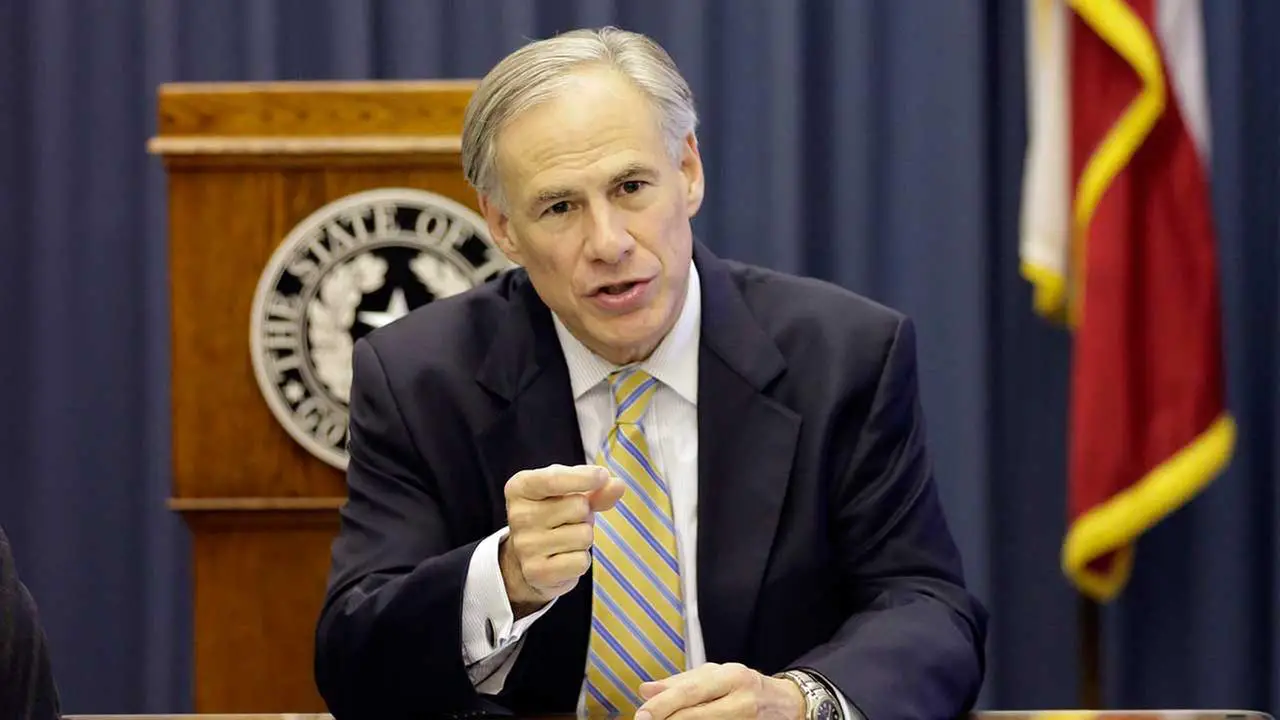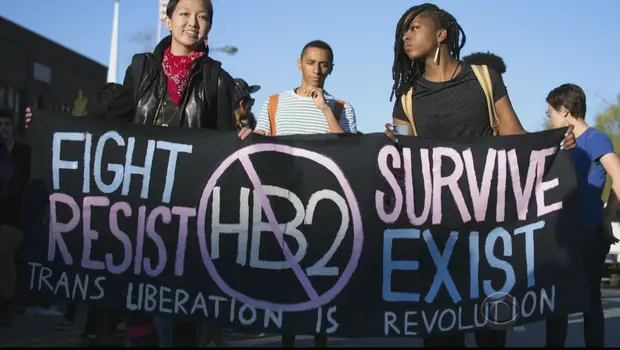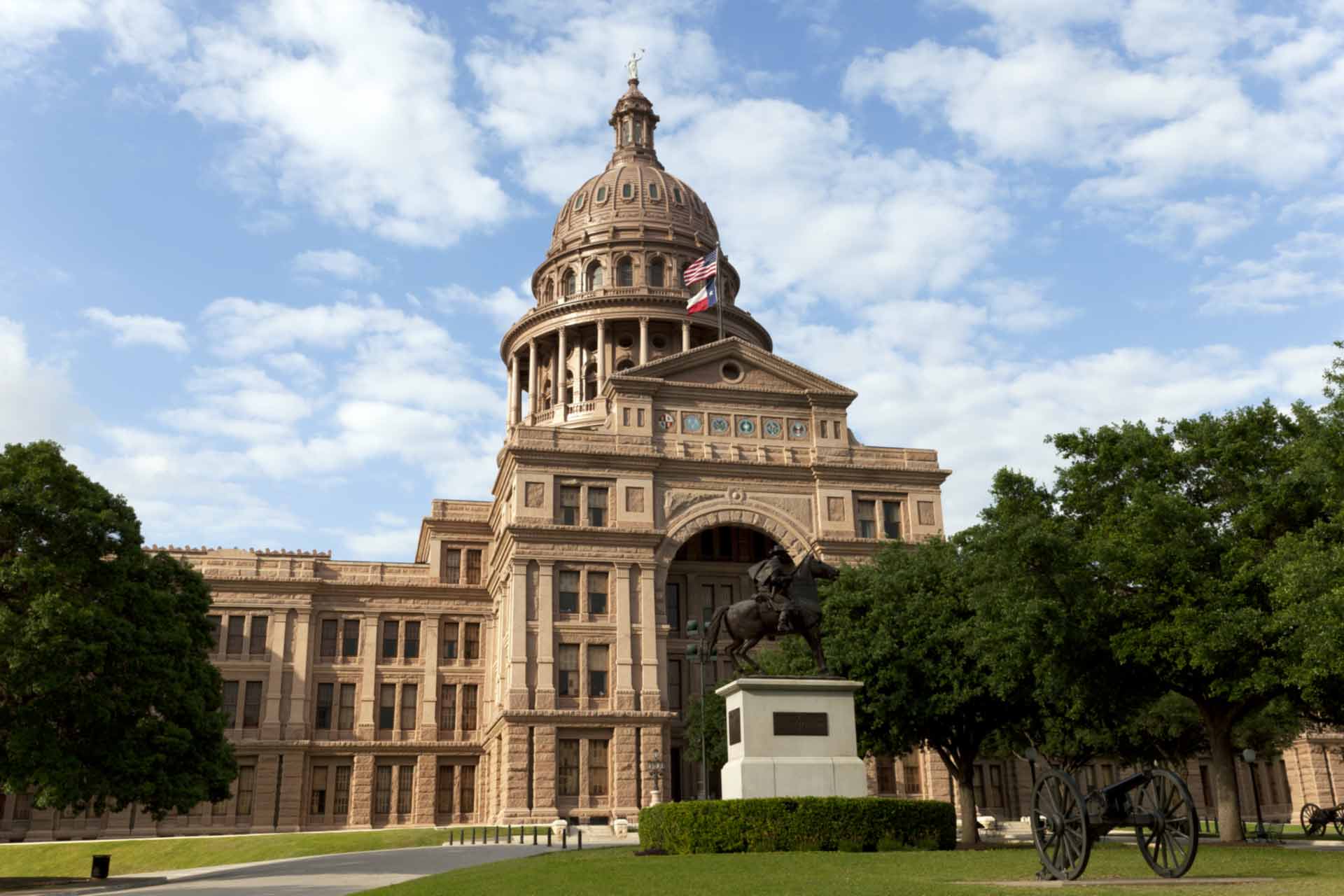The Straight Agenda
What the potential criminalization of same-sex marriage could mean for the economy of the Lone Star State.
By Aaron Lynch, Front Range Community College
The Texas Supreme Court has agreed to hear a Houston case that top conservatives hope will provide an opening to challenge the 2015 SCOTUS ruling on gay marriage.
The case, a lawsuit that the court originally refused to hear, would halt the same-sex marriage benefits received by Houston municipal employees.
The decision on this lawsuit would have implications not only throughout Texas, but across the U.S. as well. Conservative leaders in other states are likely to follow the lead of Texas Gov. Greg Abbot, Lt. Gov. Dan Patrick and state Attorney General Ken Paxton, the three politicians who have championed the case, as they will see it as a platform for limiting the influence of the Supreme Court’s decision.

In October, the trio filed a brief stating, “Major constitutional rulings by the United States Supreme Court routinely give rise to waves of litigation exploring the contours and limits of the court’s pronouncement. This case is one of many cases that will require state courts to examine the scope of the right to same-sex marriage announced by the Supreme Court.”
Lt. Gov. Patrick has also been pushing a controversial bathroom bill that would require all people to use the bathroom corresponding to their biological sex, something other states have been trying lately as well.
And amidst the legislation and litigation, the entity most likely to take the biggest hit is the Texan economy.
Short Term: Fiscal Losses
Many people fail to realize just how bad gender discrimination is for the economy. The Texas Association of Business (TAB) did two studies in 2016, and determined that the state stands to lose over $8 billion in GDP and 180,000 jobs if lawmakers pass anti-LBGT legislation.
To me, those figures seemed extreme at first, but consider the economic effects North Carolina’s HB2. PayPal immediately pulled a $3.6 million office-project out of Charlotte (along with 400 jobs) after state legislators passed the now infamous bathroom law.
The NCAA is also a vocal opponent of gender discrimination. Greensboro, North Carolina, was originally slated to host first- and second-round games of the D1 men’s basketball tournament next month.
The games would have poured millions of dollars into the state economy, but, after the passage of HB2, the NCAA moved them to Greenville, South Carolina. The organization would later remove five other events as well. In addition, the NBA also pulled their All-Star game out of Charlotte.

Sports fans weren’t the only ones disappointed, as Bruce Springsteen called off a concert in North Carolina, as did Boston, Mumford and Sons and a slew of others. Many of the states’ biggest employers, including American Airlines and Bank of America, have taken a vocal stand against HB2 as well. It’s not realistic for these companies to move elsewhere at this point, though it’s likely that many of them will be hesitant to expand within the state so long as HB2 is in effect.
Every canceled event is the equivalent of thousands of tourists going elsewhere.
Texas is the second largest economy in the U.S., and if you extrapolate what has happened in North Carolina to a Texas-sized scale, it wouldn’t be pretty. Sports alone, especially football, are huge in the sate. This past year the state hosted six FBS bowl games; imagine the monetary hole it will leave next year if the NCAA decides to pull the events over anti-LGBT legislation.
With these financial factors considered, it’s easy to see where TAB would get a figure like $8 billion.
Long Term: Stunted Workforce
The millennial generation (ages 16-34) already comprises the largest chunk of the American workforce, and it’s no secret that they’re generally pro-LGBT (65-70 percent). So, even though LGBT regulations may not drive millennials away all on their own, it certainly doesn’t foster the progressive environment that’s sure to dominate the future workplace.
Continuing to push gender regulations could, however, have negative impacts on the future of the Texas economy, as business owners may feel that it will weaken the ability of their state to attract a young and vibrant workforce.
Millennials tend to place the highest importance of study on science, technology, engineering and math (STEM), because these types of industries are the most profitable and are growing the fastest and most reliably. The smartest young people are going to carry these industries in the future—literally carry them, because they’ll go to whatever state suits the needs of their industry the most. Though the tax laws in Texas are very appealing to companies, perhaps the one thing that’s more appealing is having the best talent in the country.
Undoubtedly, some of the most brilliant young minds will belong to people of all orientations and identifications, and other brilliant minds (65-70 percent of them to be exact) will prefer an inclusive work environment.
These minds are the future of the most profitable industries perhaps in history; why give them a reason to go anywhere else? If anything, lawmakers and industrialists alike should be striving to appeal to the young minds of the country. It’s worth pointing out that the only state with a larger GDP than Texas is California.
Simply put, second-rate employees lead to second-rate companies, which lead to a second-rate economy.
Texas House Speaker Joe Straus seems to understand this, and has subsequently broken ranks with his fellow Republicans on bathroom regulations.
“Many people where I come from get concerned about anything that can slow down the overall job-creating machine,” he said last month. “I think we should be very careful about doing something that can make Texas less competitive for investment, jobs and the highly skilled workforce needed to compete.”
By pushing discriminatory legislation, Texas lawmakers are likely doing permanent damage to their economy for the sake of clinging to traditional ideology. Not only does this way of thinking violate human rights, but it’s just plain bad for the economy; if the goal is to “Make America Great Again,” this is a step in the wrong direction on all accounts.











